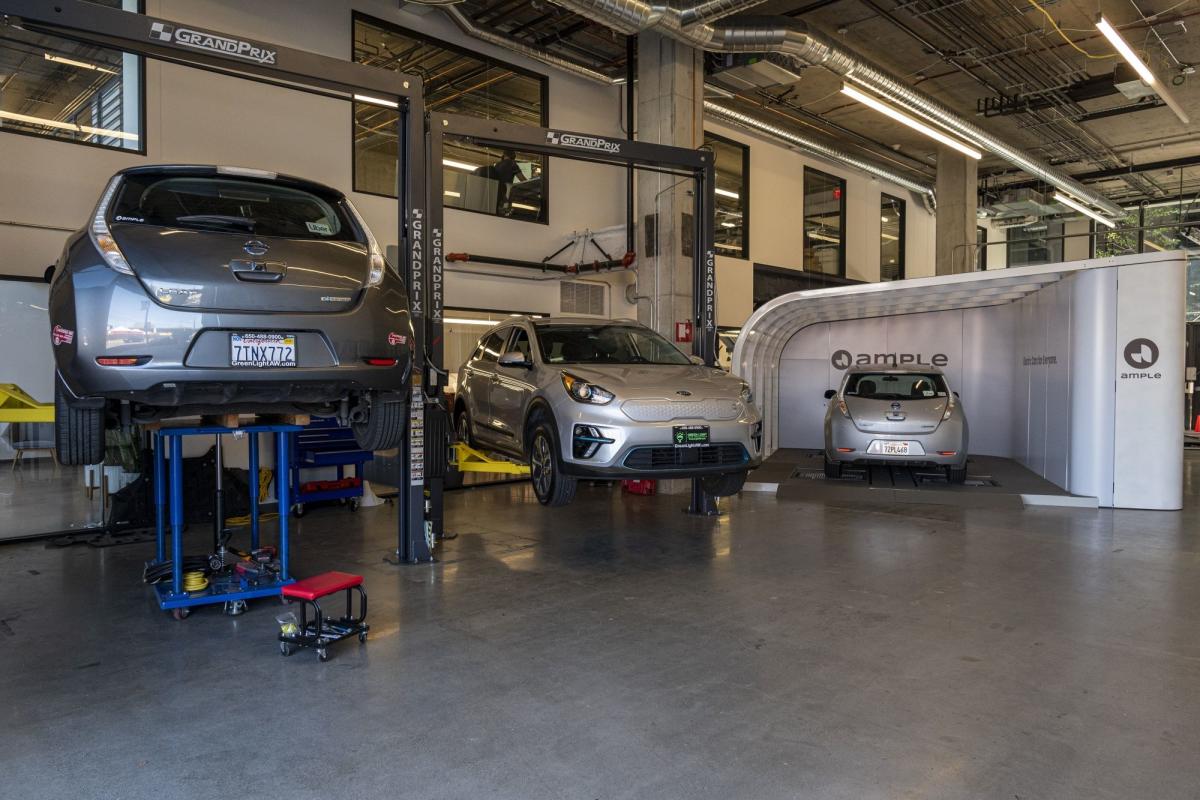I would think this is a fringe case. My car charges in my garage up to about 400 miles of range. Firstly, most Uber drivers would charge full overnight, and then wouldn't drive that far in a day, and secondly, I can't imagine that an Uber driver doesn't stop for a half hour somewhere, to eat, use the restroom, etc. Now, using a Nissan Leaf, with a range of around half what I have, and having a usage of a lot more than a Leaf battery supplies, well, sure. But this is just a case of using the wrong tool for the job. In the city, driving a few miles for each customer, a Leaf would do fine, and having to take a half hour or more break is pretty much required in most jobs.
As far as changing the battery vs. replacing it, well, it looked like the problem was building a large lift with accompanying hydraulics that could pull the spent battery out of the car, put it in a slot, grab a new battery and lift it into place, as opposed to just wiring up a cord you can plug into your car for a half hour.
That's a lot of difference. If Nissan had worked on supercharging they'd not have this problem, or if the Uber driver had bought a 3, he'd not be caught short. You could have a hundred cheap charging sites as opposed to one expensive battery swap station, where cars would be lined up around the block waiting for this swap.
When I saw the Tesla swap station down at Harris Ranch, it wasn't instantaneous, nor was it even "ten minutes". Charging my car took about as long as the guy doing the swap. It's quite obvious that supercharging worked better for a number of reasons, as evidenced by Tesla abandoning the replacement route. Near my house there is a supercharging site where twenty cars can charge up at once in about a half an hour. And this is ten miles from another site where another twenty cars can charge up in a half hour. No way could a swap station do this volume. Plus, the swap station had to be manned with a trained mechanic at all times. He left for home at 5, so if you got there late, well, too bad. Stay at the hotel, we open again at 8AM.
And added to that, no one wanted to swap batteries with some dude who always charged to 100% in a hot garage. There was a lot of discussion about making sure you got your own gently treated battery back.

 finance.yahoo.com
finance.yahoo.com




